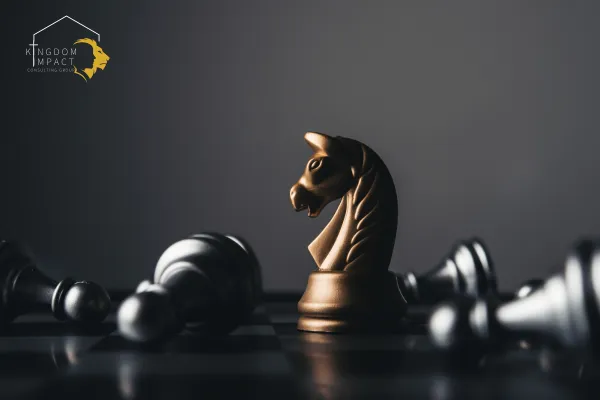
The Silent Discipline — How Stillness Becomes a Superpower in Business
Introduction
In a world obsessed with hustle, few understand the rare discipline of stillness. Yet, every great leader — from CEOs to innovators to Kingdom builders — knows that power doesn’t always come from movement. Sometimes, it comes from mastery over your own pace.
We’ve been conditioned to believe that motion equals progress. But motion without direction is just noise. The true elite know that the loudest results are born in the quietest moments of clarity.
The Myth of Constant Grind
Modern entrepreneurship glorifies burnout. The “rise and grind” culture has convinced many that success is a function of exhaustion. But the reality is different. Greatness doesn’t come from constant movement — it comes from strategic restraint.
When you operate from a place of stillness, you stop reacting and start responding. You see patterns others miss. You gain perspective that noise can’t offer.
Billions have been made not by those who worked the hardest, but by those who thought the clearest.
The Science Behind Stillness
From a physiological standpoint, the human brain produces its most creative insights in states of rest and calm. Neuroscience calls this the “default mode network” — the mental state active when we’re not focused on external tasks.
In stillness, the subconscious connects dots your conscious mind can’t. That’s why breakthroughs often happen in the shower, on a walk, or in prayer — not in the middle of frantic activity.
The Faith Connection
Scripture aligns perfectly with science here: “Be still, and know that I am God.” (Psalm 46:10)
This isn’t a call to passivity. It’s a command to align. Stillness is not the absence of motion — it’s the presence of mastery. It’s where faith and focus intersect.
When you pause long enough to hear divine direction, your next move becomes precise. You waste less, build faster, and operate with authority instead of anxiety.
Strategic Stillness in Leadership
Top leaders schedule stillness. Warren Buffett spends 80% of his day reading and thinking. Bill Gates isolates himself for “Think Weeks.” Jesus withdrew often to pray.
Stillness isn’t weakness. It’s strength under control.
Here’s what strategic stillness does for a leader:
Clarifies Vision: When the noise fades, priorities reorder themselves.
Enhances Discernment: Decisions shift from emotional to intentional.
Multiplies Energy: Restored focus outperforms exhausted effort every time.
Stillness becomes your secret weapon — not a delay, but a design.
The Billion-Dollar Practice
Every powerful organization has a rhythm — action followed by alignment. Companies that grow sustainably are led by people who know when to pause, evaluate, and redirect.
Stillness allows you to anticipate, not just react. It’s how you transition from running a business to ruling your market.
Conclusion
In the Kingdom and in commerce, stillness is not silence — it’s strategy.
The loudest leaders rarely last. But those who master calm command chaos. They move with precision. They build empires without losing peace.
If you want to move mountains, learn when not to move at all.